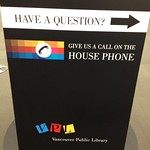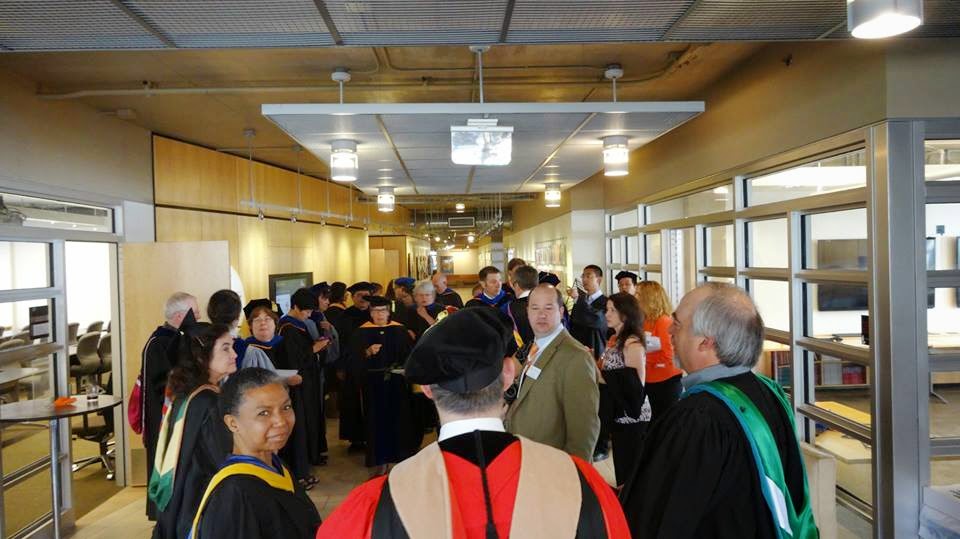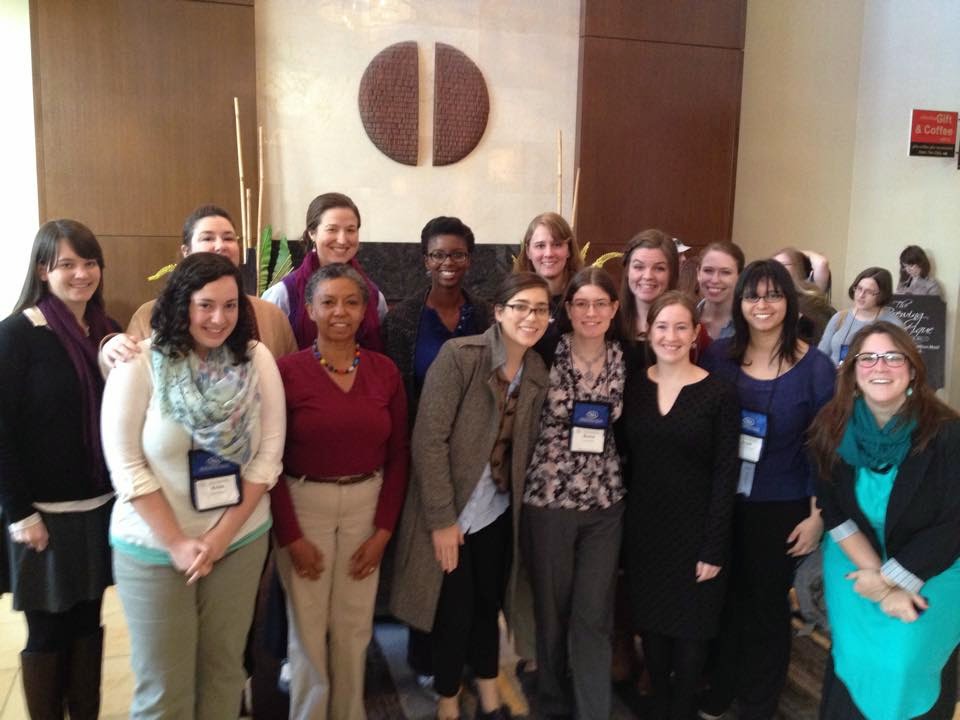 |
| Dave Lankes |
I was blessed to be able to attend and present at a number of events during 2014. The most impactful was the presentation I did at the Computers in Libraries Conference called "Enabling Innovation." The number of people, who came up to me during the conference and afterwards, with positive things to say about it has been amazing. That presentation has also led to others that I have given (and will be giving) on innovation. For me, that one presentation was my biggest event of 2014! (You can read the ideas generated from the presentation here.)
Below are the most read 2014 posts from this blog. The most read was clearly "The stratosphere in the library profession & a call for a change," which received a high level of mentions on Facebook, etc. The conversation around how members of our profession conduct themselves at conferences has not ended. I can tell you that associations and conferences are examining their codes of conduct. I can also tell you that some (like myself) are trying to hold ourselves to a higher standard...and learning about ourselves and others from those efforts.
By the way, if you want to read a post that will open your mind to our lack of privacy in our online environment, read the post entitled "Julie Clegg - Social Media for Investigative Professionals."
Finally, if you look at the right side of this blog and the number of posts I've been writing per year, you'll notice a decrease once I became a program director. I really don't have the time to blog like I used to. I blog best/most when I'm at a conference, as you can see if you look at CIL2014 or SLA2014. During a conference, I can harness my energies to capture information quickly and get a blog post published. You will also notice, if you're a regular reader of this blog, that I blog more about copyright these days than digitization. That is due to what I've been teaching and what I've been focusing on. From the statistics for Digitization 101, I can see that this blog still meets a need and so I'll keep on blogging, even if it is not as much as I would like.
As we end 2014, I wish all of you a joyful 2015! And please send positive thoughts my way, especially in November when the accreditation review occurs.
Most read 2014 Digitization 101 blog posts:
- The stratosphere in the library profession & a call for a change
- Blog post: For God’s Sake, Stop Digitizing Paper
- #SLA2014 : Monitoring Social Media: Beyond Lurking
- #SLA2014 : Julie Clegg - Social Media for Investigative Professionals
- Article: Copyright Office Rejected My Attempt To Copyright A Tweet
Updated 01/05/2015: Corrected typos. Also...Raul Pacheco-Vega's blog seems to be offline. Hopefully it will reappear. (Perhaps it had more readers than normal and the hosting service got suspicious?)





